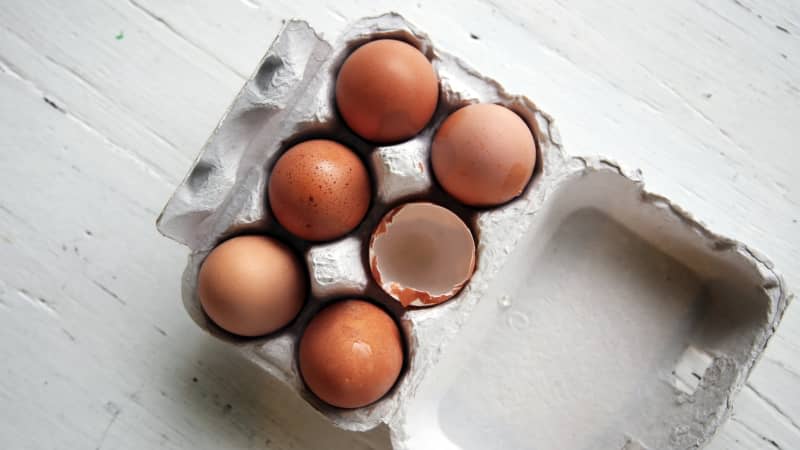
What is Plasma Choline and How Can Eggs Help?
Scrambled eggs have been a staple of the American breakfast for centuries. Beginning in the 20th century, breakfast scenes in sitcoms featured pancakes, bacon, and scrambled eggs. A healthy start for a good day. Or so we thought.
Health trends like veganism have put into question the nutritional benefits of eggs. Would it be healthier to exclude eggs from the American diet, or do eggs actually offer nutritional benefits that cannot be replaced or ignored?
Nutritional Benefits of Eggs and Choline
Eggs contain many nutrients, including Vitamins D and B-6, protein, riboflavin, selenium, lutein, zeaxanthin, and choline.
Choline is vitally important during pregnancies, adulthood and old age. According to an article by the Egg Nutrition Center, choline is necessary for “neurotransmitter synthesis, cell membrane signaling, lipid transport and methyl group metabolism.” Though the human body can produce small amounts of choline, this nutrient must be consumed on a regular basis.
Additional health benefits of choline include:
- Improving the absorption of fat to create cell membranes and DNA
- Supporting healthy liver function
- Supporting a healthy pregnancy
During pregnancy, choline helps the child’s brain and spinal cord develop properly, improves the baby’s response to stress, and enhances nutrient transfer to the developing fetus. Sufficient choline intake in pregnant mothers benefits the child’s attention span, memory, and problem solving capabilities.
On the other hand, a deficiency in choline can lead to non-alcoholic fatty liver disease and other health conditions.
Signs of a Choline Deficiency
Genetic factors may hinder an individual’s ability to absorb choline and lead to a deficiency; symptoms may include:
- Fatigue or low energy
- Memory loss
- Cognitive decline
- Learning disabilities
- Nerve damage
- Muscle aches
- Mood changes or disorders
How Much Choline Do We Need?
The recommended daily intake of choline for men and women 15 years of age and older is 550 mg, but the estimated average daily intake is around 319 mg. About 90% of Americans and 92% of pregnant women are not getting the recommended daily intake of choline.
Sources of Choline
Animal products high in choline include beef liver, salmon, eggs, grass-fed beef, turkey, goat milk and chicken breast. One large egg contains about 27% daily value of choline.
The Verdict on Eggs and Choline
Numerous studies have demonstrated the benefits of eating eggs as part of a healthy diet. Choosing organic and free-range can further boost the nutritional quality of eggs. At Chino Valley Ranchers, we’ve known this for decades. And that’s why we’ll continue producing high-quality, nutritious eggs for generations to come.